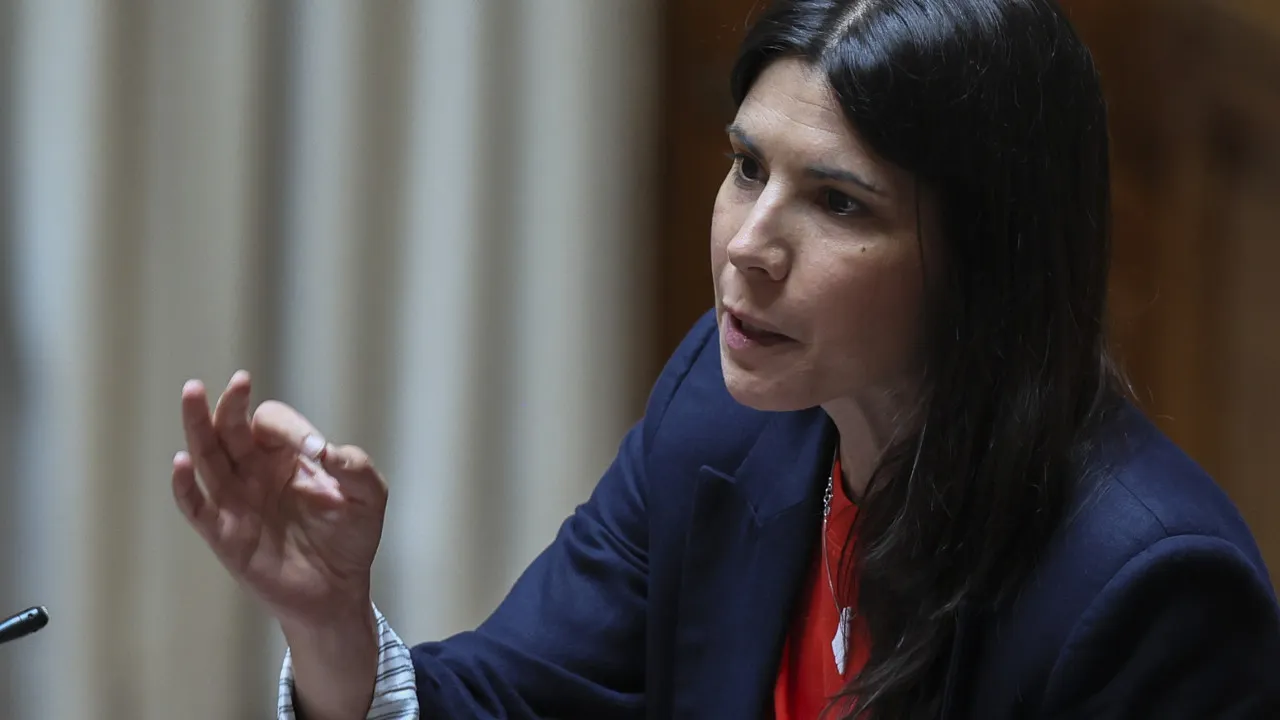
The BE seeks to allow the deduction of mortgage interest in personal income tax (IRS) and criticized the Government’s proposal to reduce this tax as “very unequal,” benefiting “the few people at the top of the table.”
During a conference at the Assembly of the Republic, the sole deputy of the BE, Mariana Mortágua, expressed her bewilderment that “it’s possible to deduct home rents and mortgage interest from contracts signed before 2011,” but those who purchased a house after that year cannot deduct their mortgage interest from the IRS.
“Especially when we know that many of these homes were bought at vastly inflated prices due to the housing crisis, and many are still tied to contracts with very high interest rates,” she stated, announcing that the party has proposed an amendment to the IRS Code to allow for the deduction of mortgage interest.
The BE coordinator also emphasized that this deduction should be “a priority measure,” considering “the burden that installments currently impose on family incomes.”
“If a priority IRS amendment is to be made, this should be it: allowing the deduction of mortgage interest. We have submitted this project and we hope it will be accepted; I believe it aligns with various positions demonstrated by several parties over the past years,” she stated.
When questioned about the budgetary impact of this measure, Mariana Mortágua stated that it is “very difficult” to estimate the impact of mortgage interest, yet expressed confidence that the Government “has finer data” to calculate it, reaffirming that this is “a measure of justice.”
“The Government presented a Young IRS reform costing a billion euros, chose to reform IRS brackets costing 500 million euros, benefiting those who earn more and are at the top of the table, and opted to lower the corporate tax, thus depriving the budget of hundreds of millions of euros; therefore, everything is about priorities. Ours is the deduction of mortgage interest,” she remarked.
The BE coordinator criticized the Government’s proposal to reduce the IRS, which will be discussed this Friday at the Assembly of the Republic, stressing that “it focuses the changes on the middle brackets, which extend to the higher brackets.”
“This means that, in the proposal, those with higher incomes gain more. A person earning six thousand euros gross per month is not rich, but will benefit more from this law than someone earning two thousand euros gross per year, who certainly isn’t rich and arguably would be considered middle class in Portugal nowadays,” she argued.
Mariana Mortágua thus concluded that the Government’s proposal is “very unequal,” “favors the few people at the top of the table,” and provides “lesser gains to the majority of citizens in Portugal who earn one thousand, two thousand, even three thousand euros” and are “disadvantaged compared to those at the top of the table.”
“We aim to address this situation expertly,” she asserted.
When asked about how the BE will vote on this proposal in general, Mariana Mortágua stated that, as it currently stands, the initiative does not gain her party’s support, emphasizing it as unjust and forgoing necessary tax revenue for public services or pay raises in public administration.
“Therefore, we must be cautious when forgoing tax revenue. If we are to forgo tax revenue, we believe it should focus on the lower, intermediate brackets—but without reaching the top brackets—and on the deduction of mortgage interest,” she noted.




